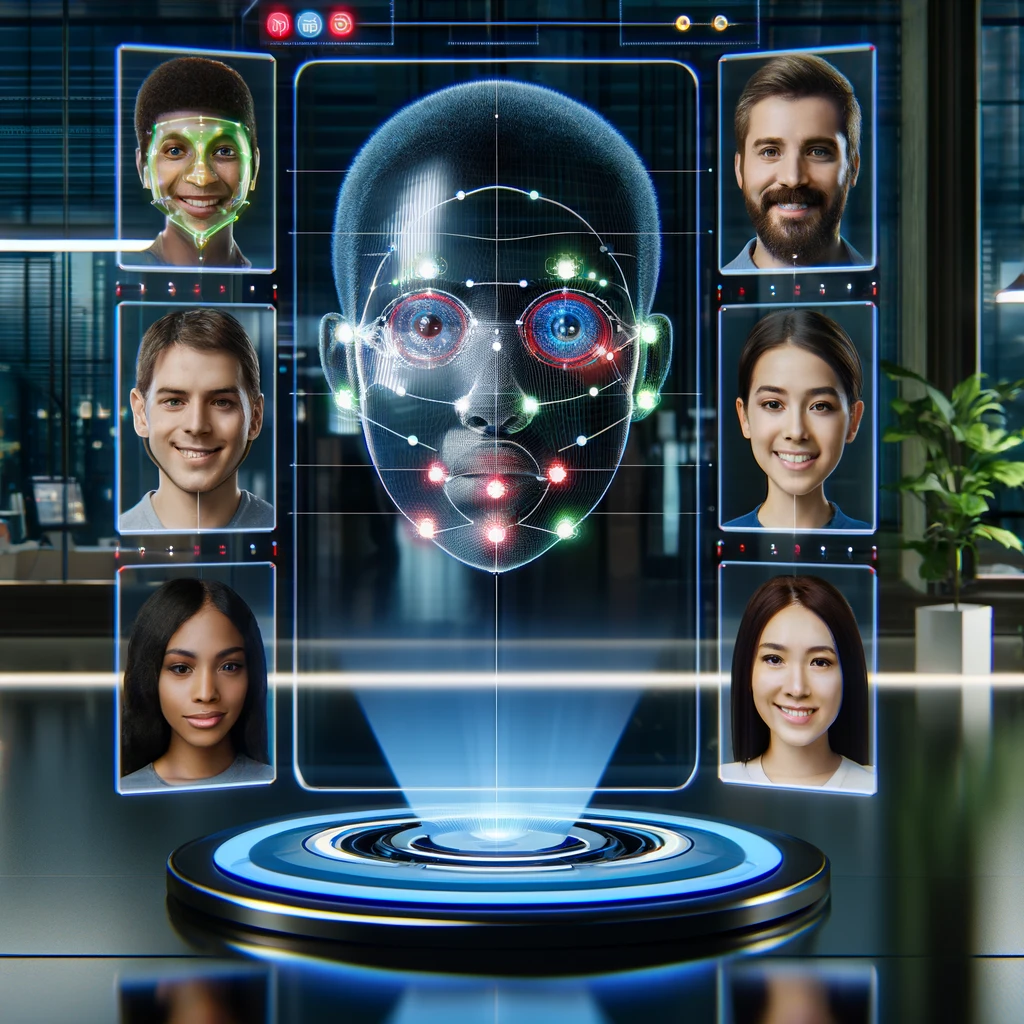With this very interesting video, UNESCO tries to find answers to important questions about ethics of AI. In what ways can we effectively utilize the capabilities of AI without exacerbating or creating new inequalities and biases? While there is agreement on certain ethical principles such as privacy, equality, and inclusion, how can we put these principles into practice when it comes to AI?
How AI changed our lives
The proliferation of artificial intelligence (AI) has significantly changed our daily lives. We use navigation apps to avoid traffic jams, follow recommendations on social media, and get job recommendations. However, the question of trust and the reliability of AI’s output remain a significant concern. We must understand what is going on behind these technologies and learn to trust them.
Traditionally, we have placed the responsibility for navigating AI technologies on consumers, but increasingly these technologies are becoming integral parts of our lives. We use them for education, employment, and more. As such, the power imbalance cannot be addressed by simply giving consumers more information or rights of complaint. Instead, we need to push the responsibility back on the organizations and designers of these technologies.
The importance of ethics of AI
While AI has the potential to empower people and broaden their perspectives, it can also widen inequalities and fail to address our societal challenges. We need to embed ethical principles that protect human rights and dignity and allow these technologies to achieve what we want them to achieve. However, responsible governance of AI technologies is impossible without the buy-in of big tech and other companies. Ethical principles should enable innovation and lead to trust in the products of these companies, which in turn will lead to their success.
Ethical debate and AI regulation
The ethical debate surrounding AI is playing an important role in shaping the conversation around AI regulation. Countries across the world are moving from awareness-raising to strategy to regulation. Some countries are already regulating AI through hard law, while others are still raising awareness.
However, lack of accessibility to these technologies would exclude people from the conversation on responsible governance, and previously colonized countries are often excluded from these conversations, exacerbating the problem. We need to understand which groups are excluded from this conversation to regulate AI better.
To sum up: Ethics of AI
In conclusion, AI is here to stay, and we need to understand what is going on behind these technologies to trust them. We must push the responsibility back on designers and organizations, embed ethical principles, and regulate AI. Finally, we must ensure that everyone is included in the conversation around responsible governance of AI.



